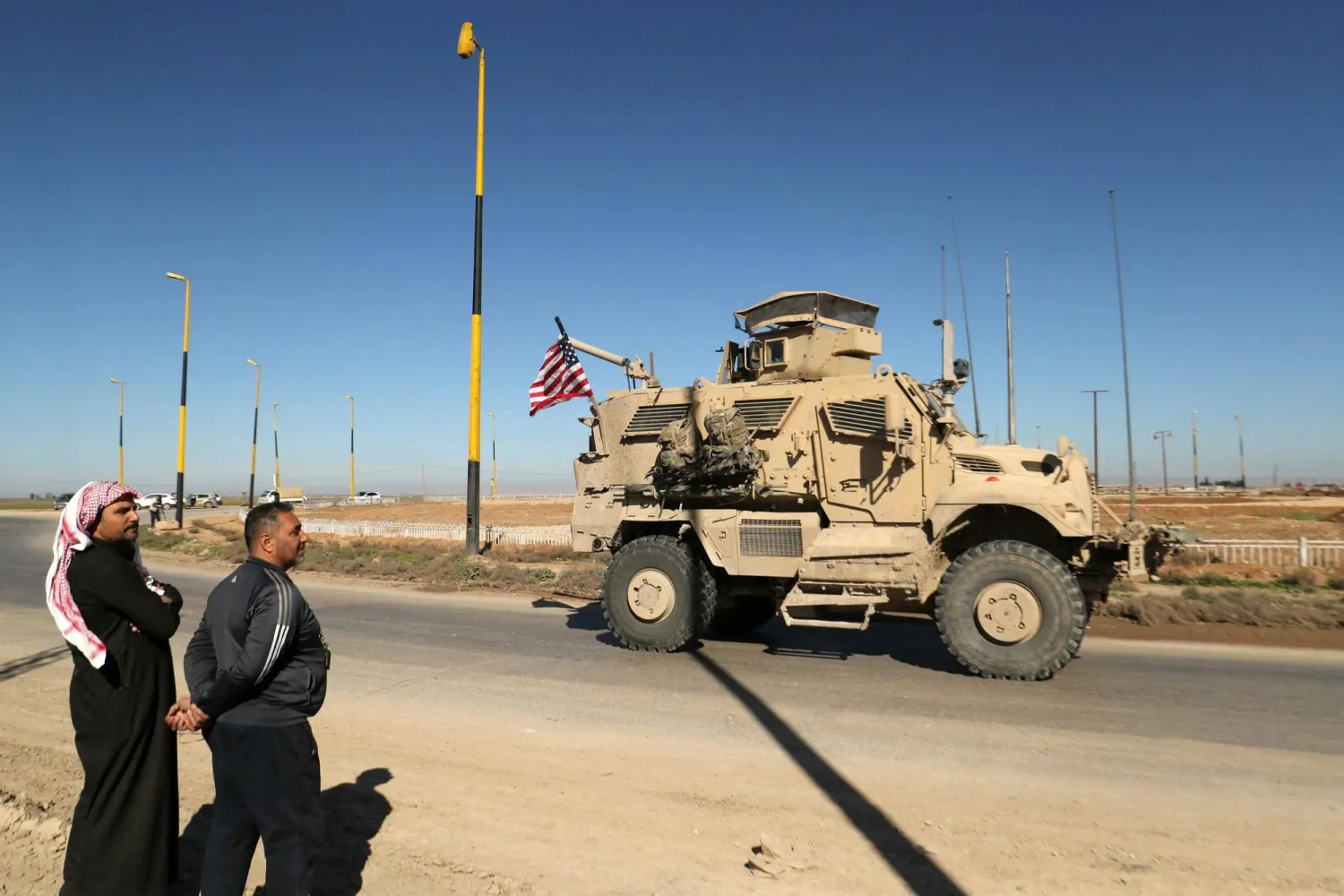Head of Libya’s Government of National Unity Abdulhamid al-Dbeibah ordered on Monday an investigation into the assassination of Abdulrahman Milad, also known as “Al-Bidja,” the Commander of the Naval Academy.
Gunmen shot dead Al-Bidja in front of the Academy of Naval Studies in Janzour on Sunday.
Soon after, armed groups, including members of the 103rd infantry brigade, also known as the Al-Silaa brigade, headed by Othman al-Lahab, mobilized towards the al-Sayyad area in al-Zawiya, shutting the coastal road connecting it to the capital Tripoli.
Dbeibah mourned Al-Bidja’s death and ordered the Interior Ministry and relevant agencies to open an immediate probe into his killing.
Member of the Presidential Council Abdullah al-Lafi and head of the High Council of State Khalid al-Mishri also mourned Al-Bidja.
Mishri called on the concerned agencies to uncover the perpetrators and bring them to justice.
Tensions were high between rival factions in Zawiya in wake of the deployment of the armed groups.
Al-Bidja was named in a 2018 UN report for involvement in human trafficking and human rights abuses. The US Treasury slapped sanctions against him that same year.









